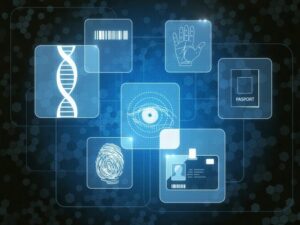 As government scrutiny of biometrics technology intensifies, Crossmatch is getting ready for a visit from a senior lawmaker. It should be a friendly one, though; Congressman Mike Honda, of Silicon Valley, is planning to meet the company’s leadership to gain a better understanding of how multi-factor authentication can help to keep data organizations’ data secure.
As government scrutiny of biometrics technology intensifies, Crossmatch is getting ready for a visit from a senior lawmaker. It should be a friendly one, though; Congressman Mike Honda, of Silicon Valley, is planning to meet the company’s leadership to gain a better understanding of how multi-factor authentication can help to keep data organizations’ data secure.
In a statement, Rep. Honda explains that making sure “our networks and the personal information of our workers are defended against cyber attacks is a national security priority,” adding that it’s “important for Congress to bring the federal government together with innovative technology leaders, such as Crossmatch, that have the expertise and solutions that will play a vital role in protecting our networks and data.” It’s a timely observation. The US Office of Personnel Management recently saw its databases hacked, with 21.5 million Social Security numbers compromised and the fingerprint biometric data of 1.1 million also copied. The risk of further such attacks is likely to increase over time, and as more sensitive data moves online, the need for security is clearly paramount.
Crossmatch cites the Office of Management & Budget’s recent FISMA Report to Congress in noting that “over half of all threats to federal network security and data could have been prevented with strong authentication.” And that, of course, is where technologies like Crossmatch’s multi-factor authentication platform can play an important role. Crossmatch’s DigitalPersona Altus system uses token, biometric, and passcode security factors in providing powerful and comprehensive mobile credentialing. Technologies like this could prove to be a real aid in protecting sensitive government data, including that of citizens, and the importance of that is something everyone can agree on.
—
August 10, 2015 – by Alex Perala


Follow Us